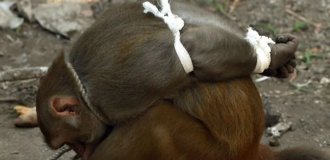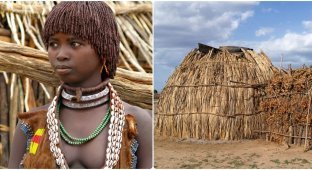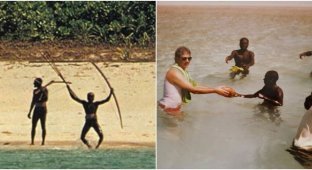Strange tradition of the Banyankole tribe (4 photos)
Before the wedding, a man is obliged to “stay once” with his bride’s aunt in a special hut. 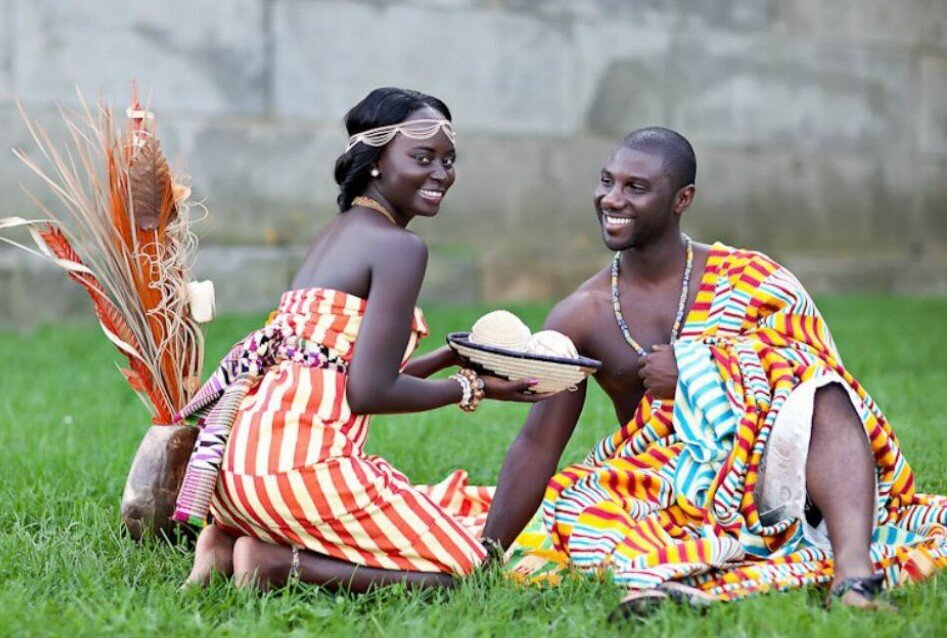
The Banyankole are a tribe of nomadic pastoralists living in parts of Western Uganda. This tribe is mainly known for having practiced a peculiar marriage custom since the 15th century, with rather unusual responsibilities for aunts, especially on the wedding day of their nieces.
Banyankole tradition states that an aunt must have sexual intercourse with her niece's fiancé before she is allowed to marry that man.
A short excursion into history 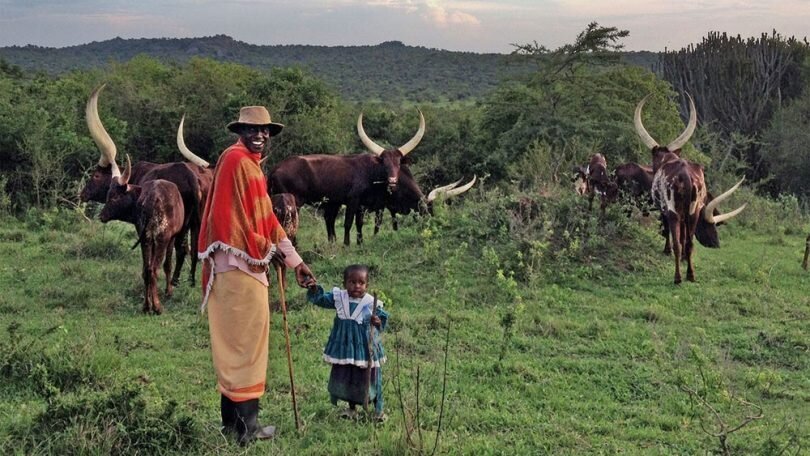
In the 15th century, to the northeast of Lake Victoria, on the territory of modern Uganda, the state of Ankole arose, where the Nkole or Banyankole people lived.
Banyankole society was divided into two groups: the Bairu (farmers) and the Bahima (pastoralists). The pastoral and agricultural pillars of Banyankole society formed the existence of two systems for the benefit of the entire people.
That is, the two groups shared one living space and depended on each other. The Bahima and Bairu exchanged livestock products, while the Bairu also supplied the Bahima with agricultural products.
And at the top of the entire political food chain was the king.
However, in 1890 the state of Ankole came under the influence of the British Empire, and by 1901 it was included in Uganda.
Since then, about 400,000 people from the Banyankole tribe live in the southwestern part of Uganda and do not have their own sovereignty.
But the Banyankole tribe in Uganda became famous for their rather unusual wedding tradition. 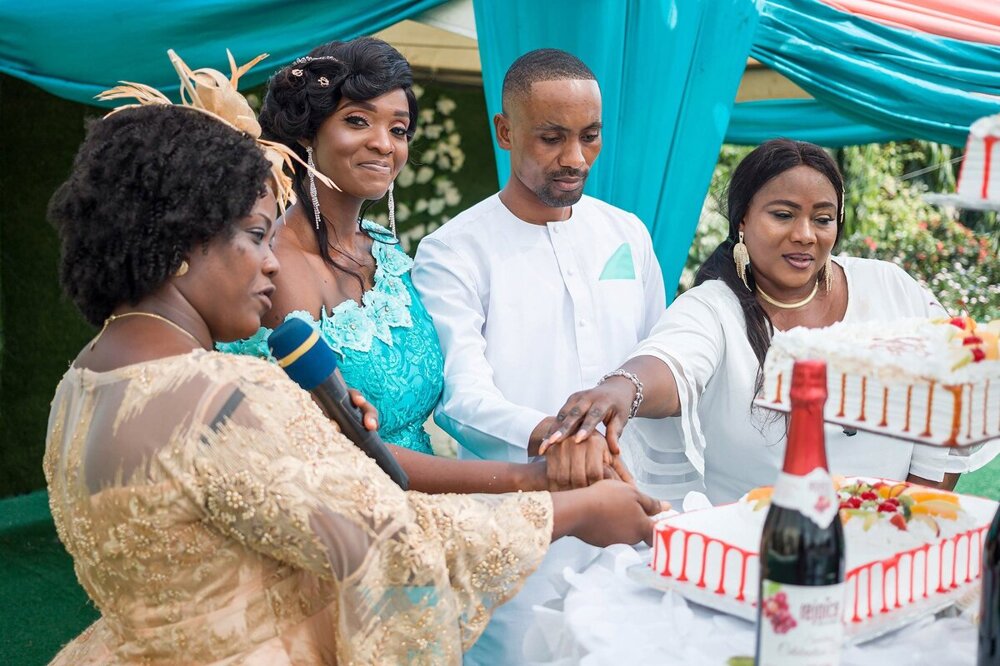
The marriage rituals of the Banyankole tribe are quite intriguing as they go far beyond the norms of other places around the world.
In the Banyankole culture, marriage is of great importance. Tradition says that when a girl turns eight or nine years old, her aunt has the responsibility of preparing the girl for a future family life for several years.
Everything a girl needs to know about her responsibilities as a woman and, most importantly, a wife, she will learn exclusively from her aunt.
It was also expected that before her marriage, a girl would consume a lot of milk and beef in order to become fat, since such a condition indicated her ability to give birth to a strong and healthy child.
In a family where boys were born, the father was first of all obliged to find a wife for his son (even if he had an unmarried eldest daughter) and to pay the bride price in this tribe. Depending on how rich the person is, this could include several cows, goats, or pots of beer.
Usually the groom gave his future father-in-law 14 goats. The father-in-law then distributed the donated goats to his brothers and sisters. When the bride price was paid, only then did the main preparations for the wedding begin.
But one way or another, the groom often benefited from the marriage. In fact, the gifts (emihingiro) that the bride's family brings to the wedding are sometimes greater than what the groom paid as bride price.
On the wedding day, a feast is planned at the bride's house, at which her father sacrifices a bull. Then another feast is held at the groom's house, where preparations for the wedding are made.
But before the wedding, the bride and groom each had to pass one test 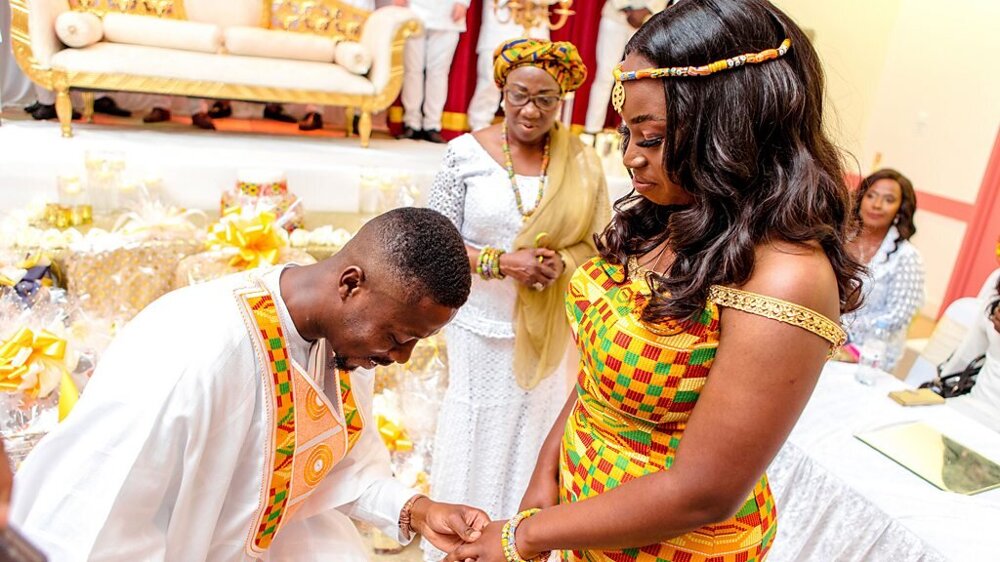
Bride's test:
Since virginity is a requirement for marriage among the Banyankole people, each bride must undergo a special test to confirm this status before the wedding.
If the bride passes the test, then everything is fine. However, if before marriage it turned out that the girl was not a virgin, then in more ancient times she could have faced the death penalty or social isolation, however, in our time everything is limited to a simple dissolution of the wedding. But sometimes the groom agrees to continue the wedding, although this rarely happens.
Groom test:
The bride's aunt must check the potency and masculinity of her niece's future husband. Therefore, she is obliged to have sexual intercourse with him in a separate hut.
During this process, the aunt also carefully studies all the “skills” and preferences of the groom in order to then give her consent to the marriage. The aunt also provides useful advice to her niece on how best to behave during her wedding night with this man.other. It is believed that such experience allowed the bride in marriage to more skillfully satisfy her husband from the very first day.
Although this archaic custom may seem strange, it shows how many unusual wedding traditions there are in our world.




